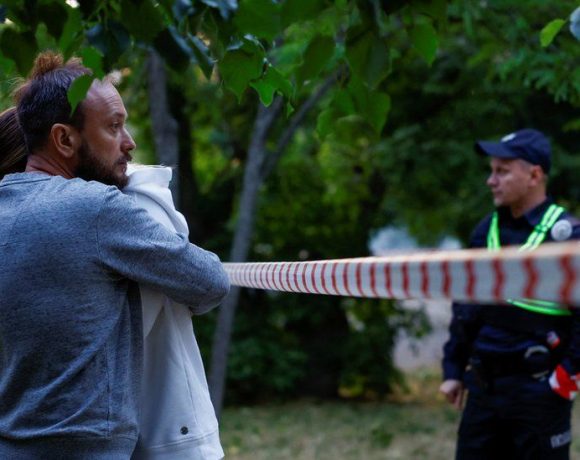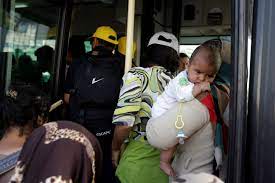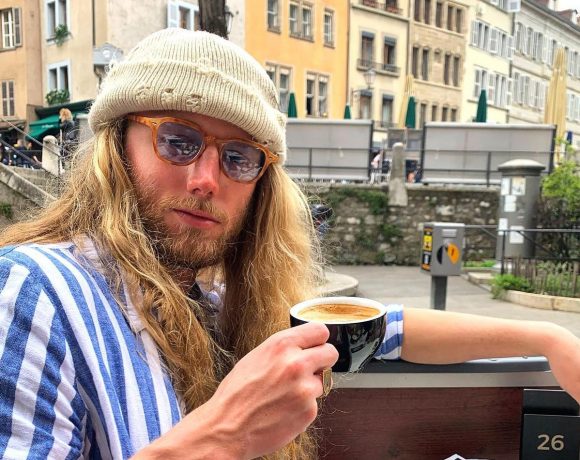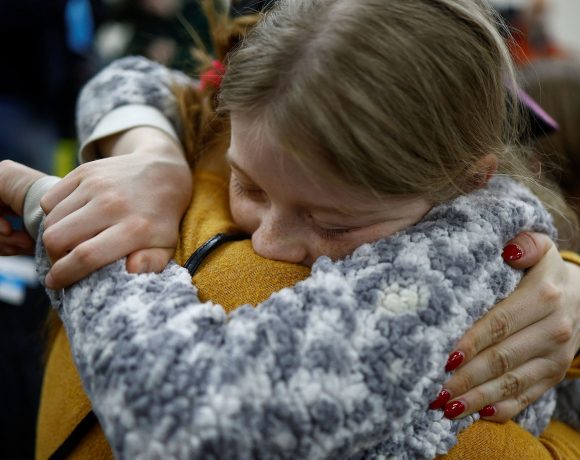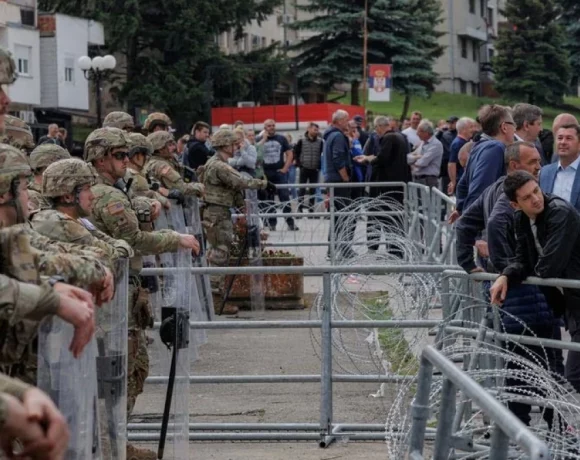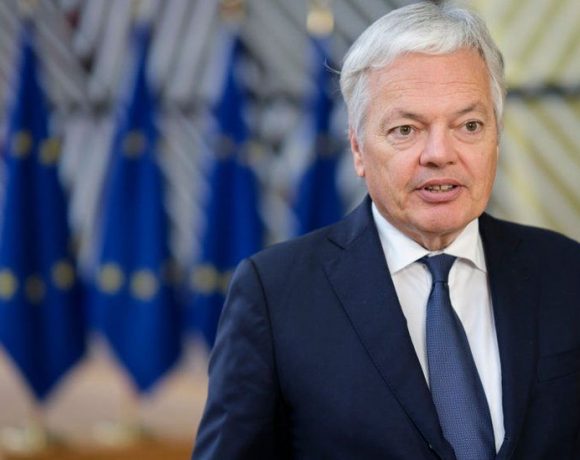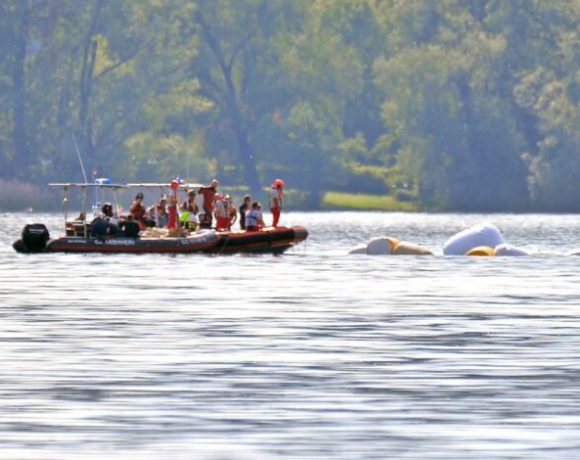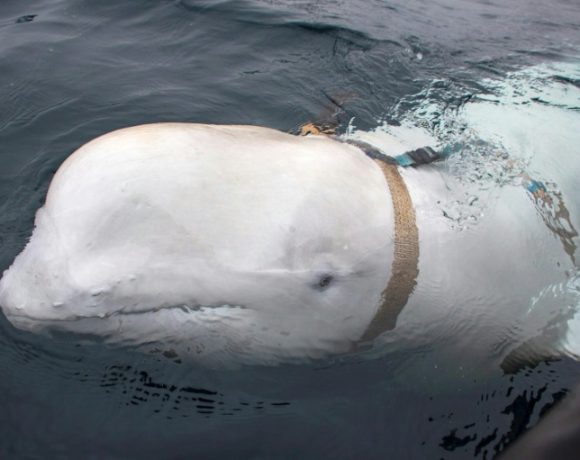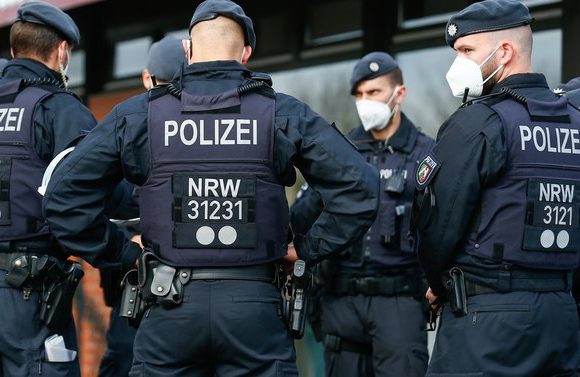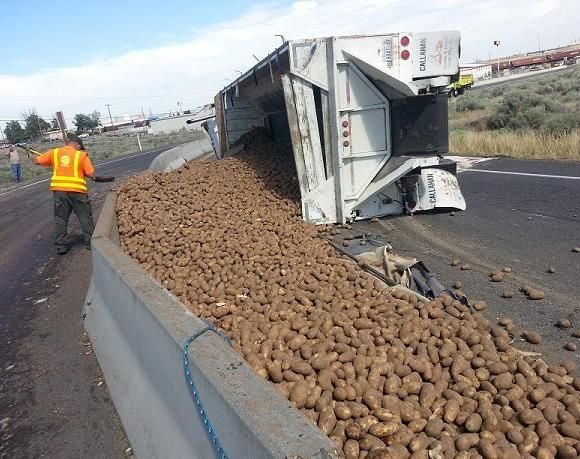
A 57-year-old truck driver has been arrested after multiple incidents of spilled potatoes occurred on a bridge connecting two Danish islands. The driver is being held on suspicion of reckless endangerment to life. The first spill occurred on the westbound side of the Storebaelt Bridge, which links the island of Copenhagen to the rest of Denmark. Shortly after, a similar incident happened on the eastbound side. The police are considering two possibilities: it was either an accident or a deliberate act.
The spilled potatoes made the roads slippery, leading to traffic congestion and prompting authorities to urge drivers to reduce their speed. Another incident of potatoes on the road was reported near the town of Kolding, which is close to the Storebaelt Bridge.
Interestingly, the potato spills coincided with the passing of a new law in the Danish parliament that imposes taxes on diesel trucks carrying heavy loads. This measure has sparked protests from truck drivers who argue that the tax will make their livelihoods unsustainable. They have peacefully blocked highways and main roads across Denmark in recent weeks. The majority of the Danish parliament contends that the tax is necessary due to the environmental unsustainability of petrol and diesel trucks. Starting in 2025, drivers of such vehicles weighing over 3.5 tons will be taxed 1.3 Danish kroner per kilometer.
A spokesperson for the protesting truck drivers distanced themselves from the potato spills, stating on Facebook that they plan to protest in a manner that can be felt without risking harm to people’s lives and well-being.
Picture Couretsy: Google/images are subject to copyright

